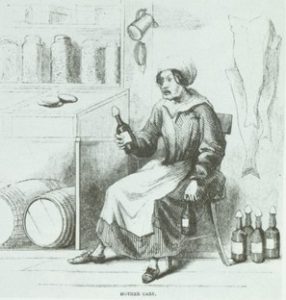
61 Bowdoin Street, Boston, Sunday, 30 April 1865: We had a thoroughly fine discourse to-day from James Freeman Clarke,[2] and he made an admirable prayer for us & our country – not too long, but comprising all our need. It has been a sad solemn week. The slow march of the martyred President’s funeral train has shaken earth with the heavy tramp of this mighty army of mourners; for hundreds of miles across our wide country, hundreds of thousands of men & women have stood with bowed, bared heads & burdened hearts in the funeral train of this good great man, revered in life, sainted in death. Had ever mortal man such grand burial pageant before?
This day week we were all distressed & anxious at hearing of Sherman’s[3] armistice & peace treaty with Johnston,[4] granting the rebels such terms as the loyal people would never have consented to yield them, when they were strongest – far less now, when rebeldom is in a state of collapse. Continue reading ‘Something to remember’




